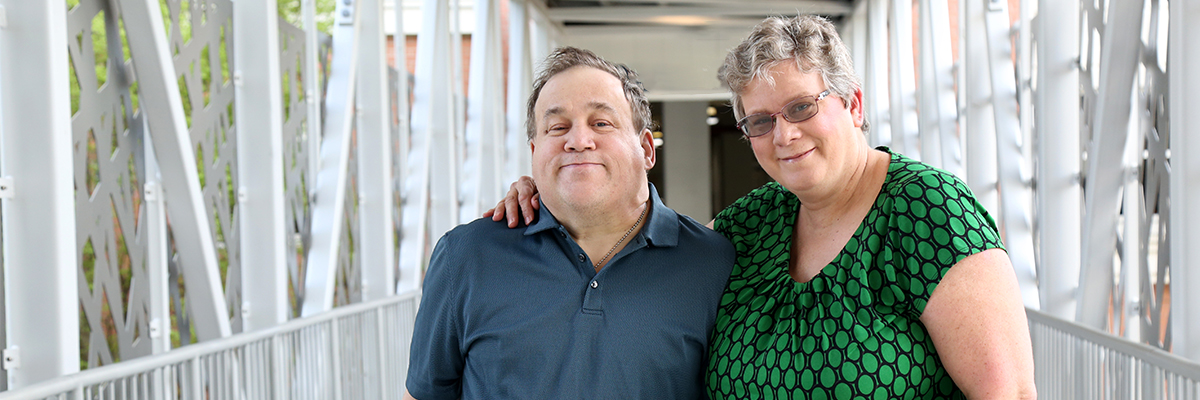
Senior Living
People with autism and other neurodiverse diagnoses are living longer and their older adult parents often find themselves no longer able to care for them. In fact, these parents may need help themselves. The caregiving responsibility for both then falls on any existing siblings or family members.
From a family and caregiving perspective, neurodiverse adults pose a unique problem. Since these individuals are often unmarried, without a spouse or children to take care of them, or are finishing school, there is a lack of appropriate services for them. It’s important that parents and siblings plan for the future with professional caregiving assistance. Springpoint at Home’s Aging Life Care Advisor™/Care Management team, in conjunction with our Certified Home Health Aides, is a wonderful resource.
Autism Spectrum Disorder (ASD) is a brain-based disorder that arises from atypical brain development. Because adults have already completed basic neurodevelopment, they cannot develop autism later in life. However, it is possible for neurodivergent adults to get diagnosed later in life. An adult that always had difficulty in social interactions, coming across as shy or introverted, may find out they are neurodivergent. What complicates a diagnosis is that certain ASD symptoms can mirror other age-related conditions. Autistic traits in an older person could be mistaken for someone’s social skills being impacted by a shrinking social circle.
Caring for an older adult with ASD requires care coordination because studies have found links between autism and an increased risk of diabetes, depression, and heart disease later in life. It also requires becoming familiar with the common traits of autism in older adults to ensure the sensory settings in the environment are helpful and calm. For example, someone sensitive to noise may find it uncomfortable to be in a loud restaurant or in the presence of a barking dog. Bright lights and certain smells and tastes may be overwhelming.
Helping an adult and their family with ASD move forward each day requires training to understand how to deal with behavioral traits, such as an intense interest in a topic, needing things done a particular way, finding eye contact difficult, or not respecting personal space. These traits can complicate care and the ability to move forward every day.
Our Certified Home Health Aides can help ASD adults by keeping the sensory setting calm and maintaining a routine. In addition, our Springpoint at Home’s Aging Life Care Advisors™/Care Managers can help navigate the health care system and other resources they will need now and in the future.
For more information about Springpoint at Home and how we can help, call us today at 844-724-1777.



